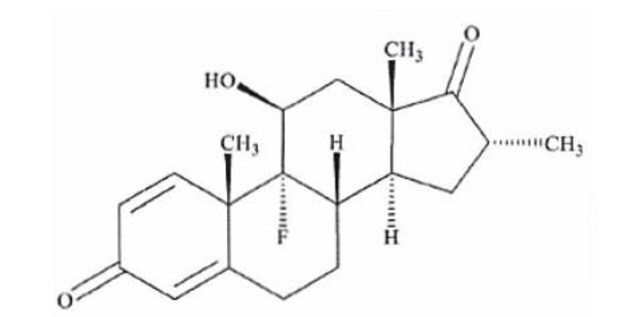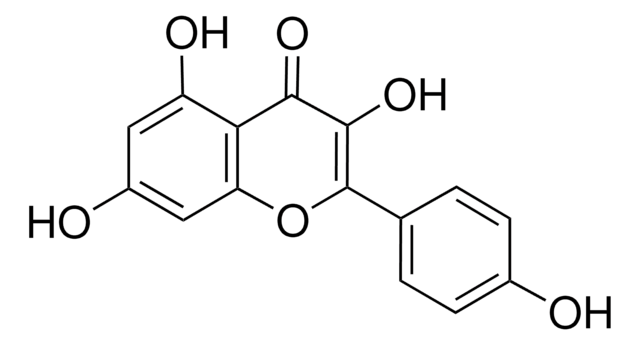40220-U
Aldrin solution
certified reference material, 5000 μg/mL in methanol
About This Item
Recommended Products
grade
certified reference material
TraceCERT®
product line
TraceCERT®
CofA
current certificate can be downloaded
packaging
ampule of 1 mL
concentration
5000 μg/mL in methanol
technique(s)
HPLC: suitable
gas chromatography (GC): suitable
application(s)
agriculture
cleaning products
cosmetics
environmental
food and beverages
personal care
format
single component solution
storage temp.
2-8°C
SMILES string
ClC1=C(Cl)[C@]2(Cl)[C@@H]3[C@@H]4C[C@@H](C=C4)[C@@H]3[C@@]1(Cl)C2(Cl)Cl
InChI
1S/C12H8Cl6/c13-8-9(14)11(16)7-5-2-1-4(3-5)6(7)10(8,15)12(11,17)18/h1-2,4-7H,3H2/t4-,5+,6+,7-,10+,11-
InChI key
QBYJBZPUGVGKQQ-SJJAEHHWSA-N
Looking for similar products? Visit Product Comparison Guide
Application
Other Notes
Legal Information
Signal Word
Danger
Hazard Statements
Precautionary Statements
Hazard Classifications
Acute Tox. 3 Dermal - Acute Tox. 3 Inhalation - Acute Tox. 3 Oral - Aquatic Acute 1 - Aquatic Chronic 1 - Flam. Liq. 2 - STOT SE 1
Storage Class Code
3 - Flammable liquids
WGK
WGK 3
Flash Point(F)
49.5 °F - closed cup - Solvent
Flash Point(C)
9.7 °C - closed cup - Solvent
Personal Protective Equipment
Regulatory Listings
Regulatory Listings are mainly provided for chemical products. Only limited information can be provided here for non-chemical products. No entry means none of the components are listed. It is the user’s obligation to ensure the safe and legal use of the product.
EU REACH Annex XVII (Restriction List)
Choose from one of the most recent versions:
Already Own This Product?
Find documentation for the products that you have recently purchased in the Document Library.
Articles
The cannabinoids found in the Cannabis plant commonly referred to as marijuana, have grown in popularity for treating a variety of ailments from arthritis, glaucoma, and chronic pain to malnutrition, multiple sclerosis, and cancer.
Protocols
US EPA Method 8081: GC Analysis of Organochlorine Pesticides on Equity®-5
Our team of scientists has experience in all areas of research including Life Science, Material Science, Chemical Synthesis, Chromatography, Analytical and many others.
Contact Technical Service







